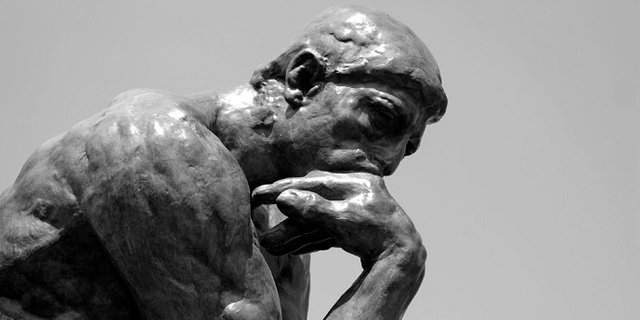Social Philosophy of Karl Marx /last part/
The tools of labor are improved in the slavery (including people). Still, there is no personal interest in increasing labor productivity, so labor productivity is still not high.There are social breakdowns (classes of slave laborers and slaves). It comes to a new revolution and the emergence of the feudal society, where private property exists. Here the peasant is not owned by the feudal lord as the slave slave.
The land and the tools of labor are the property of the feudal lord, but the peasant is still interested in raising labor productivity (as he pays a certain tax to the feudal lord, the remainder remains for him).Feudalism is characterized by the existence of a natural farm because the produced product is not yet sold, it is not a commodity, it is handed over to the feudal lord.
Feudalism comes from capitalism - it is based on private ownership of the means of production. The worker has himself - labor becomes a commodity. The economy has not a natural but a commodity character - value is valued and the value equivalent is money. The social division of labor is developing.
According to Marx, the productive forces are in contradiction with the productive relations in capitalism, which will lead to revolution and will lead to communism:
- public ownership of the means of production
- liquidation of classes
- public self-government
According to Marx, this will be the society where distribution will take place "to everyone according to the abilities, to each according to needs".It offers "socialism" as a transitional stage to communism (since the road to communism will be long).The main driving force of history is the revolutions, according to Marx.

This post has received a 5.35 % upvote from @boomerang.